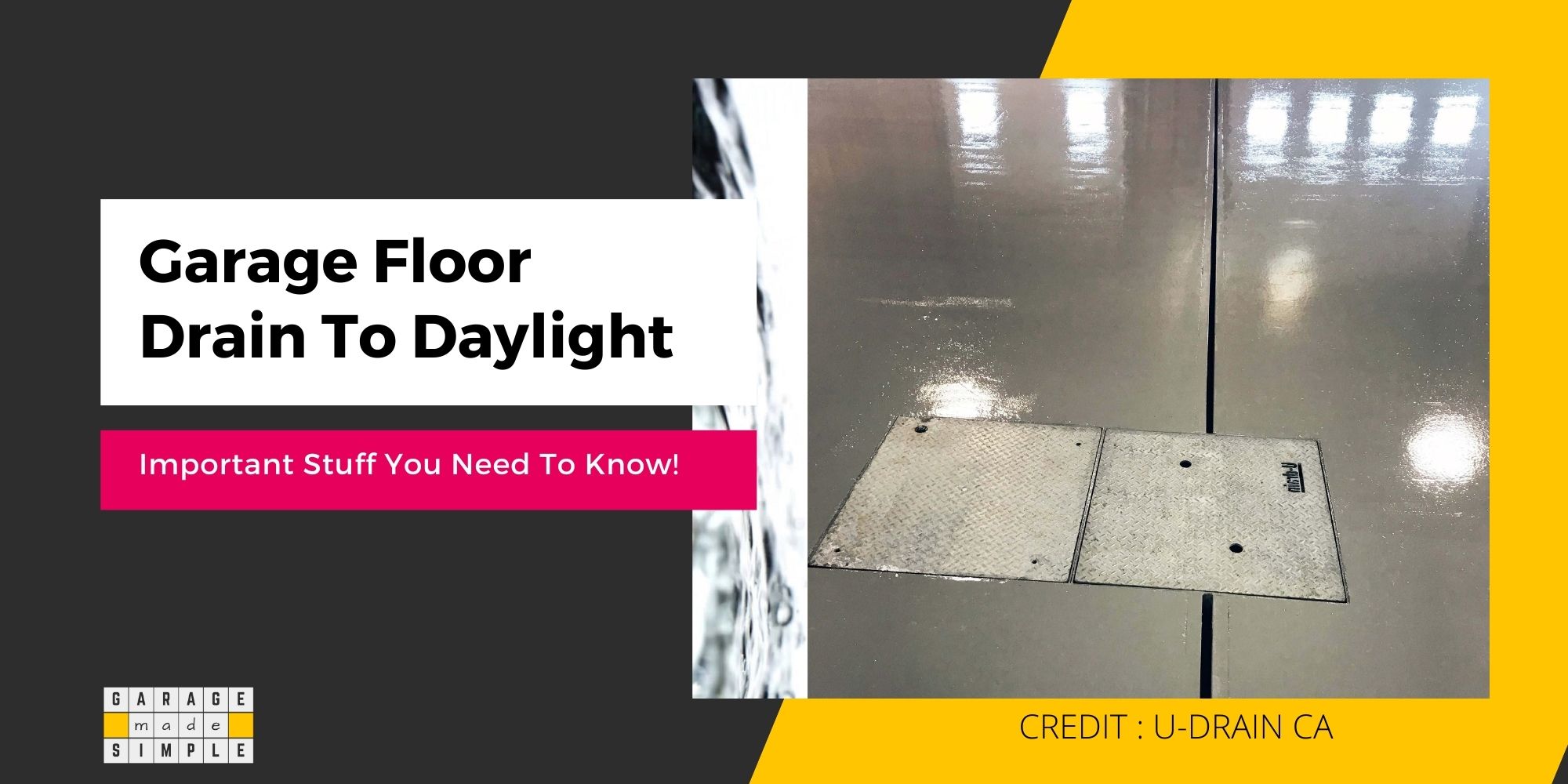Vent Garage in Winter? 5 Fantastic Ideas Worth a Look!
As an Amazon Associate, I earn from qualifying purchases.
How Do You Vent a Garage in the Winter?
Garage Ventilation is necessary to get rid of fumes and keep humidity & temperature in control. Ventilation keeps your garage cool and smelling fresh during the warm months of summer. But do you need ventilation in the cooler months? And how do you vent a garage in the winter, anyway?
You need to Vent a Garage, even in Winter, to prevent condensation and ensure adequate air change to dilute toxic fumes. The challenge to minimize heat loss but maximize air change.
In this post I explore 5 fantastic ideas to vent a garage in winter that are worth a look! Here they are:

1. Reversible Exhaust Fan to Vent a Garage in Winter
However, you do not want your garage to lose heat during winter. 2 way exhaust fans let you change the direction of airflow. You can set the exhaust fan to draw cool fresh air from outdoors into the garage.
This pushes down the warm air. As warm air stays close to the garage floor for longer, condensation is prevented. The stale garage air exits from the wall or garage door vents, setting up air circulation within the garage.
There are a few reversible exhaust fans available on Amazon. Unfortunately, most of them are of poor quality. As such I do not recommend any of them.
It will take some amount of work, but I believe your best option is to physically flip the existing garage exhaust fan. At least, you can be sure of the outcome and you do not even have to spend any extra money.
2. Dual Blade Window Fan
A dual blade window fan works quite well for ventilating a garage in mild winters.
In a moderate, low-humidity climate with warm days and cool nights, a twin reversible airflow window fan will keep your garage cool and fresh during the day and free of condensation during night.
Recommended Product: Bionaire Window Fan with Twin 8.5-Inch Reversible Airflow Blades
It is the top recommendation from Wirecutter.
3. Garage Heater Can Ventilate
It is quite common to use heaters to make a garage warm during freezing winters. A garage heater also helps in reducing condensation by keeping the air near the garage floor above dew point.
Garage heaters can be powered by electricity, propane or natural gas. The heat is dissipated using convection (fan forced heaters) or radiation (radiant or infrared heaters). By themselves they do not provide ventilation as they use the existing garage air.
Strategically placing a fan forced heater with its back to a garage wall vent will increase garage ventilation. The heater sucks in outside air through the vents, heats it up and then discharges it into the garage.
Make sure to have an exhaust vent or fan to ensure that the garage air has an escape route.
An electric heater does not draw any oxygen from the garage. However, gas fired garage heaters need a dedicated vent. The oxygen supply, even from a ventilated garage will not be sufficient.
Recommended Electric Heater: Fahrenheat FUH Electric Heater
Recommended Propane Heater: Ashley Hearth Direct Vent Propane Heater
4. Mini Split AC in Heat Mode Will Vent a Garage in Winter
If you have a higher budget, why not go in for a multi-function Mini Split AC? In the “Cool Mode” it will ventilate and keep your garage cool in summer. Switch over to the “Heat Mode” to keep your garage ventilated and warm in winter.
The added bonus is that a Mini Split AC also has a “Dehumidifier Mode” for days the humidity levels are unbearably high.
Recommended Product: Air Con Mini Split Ductless Air Conditioner
5. Heat Recovery Ventilator
A heat recovery ventilator is highly energy efficient as it transfers the heat from the outgoing warm air to the incoming cool fresh air. A really well designed heat recovery ventilator can recover up to 85% of the heat in the outgoing air.
The heat recovery is achieved by passing the cool fresh outside air over a radiator through which the warm outgoing air flows.
The heat recovery ventilator costs over $1000. It is great for a home but is somewhat of an overkill for a garage.
Thank you very much for reading the post. I do hope you found it informative and useful.






